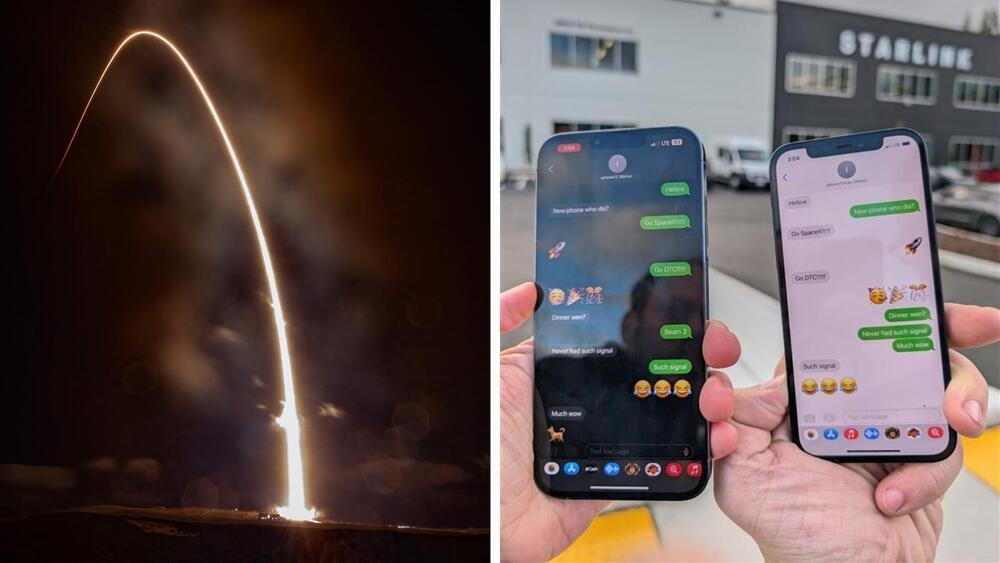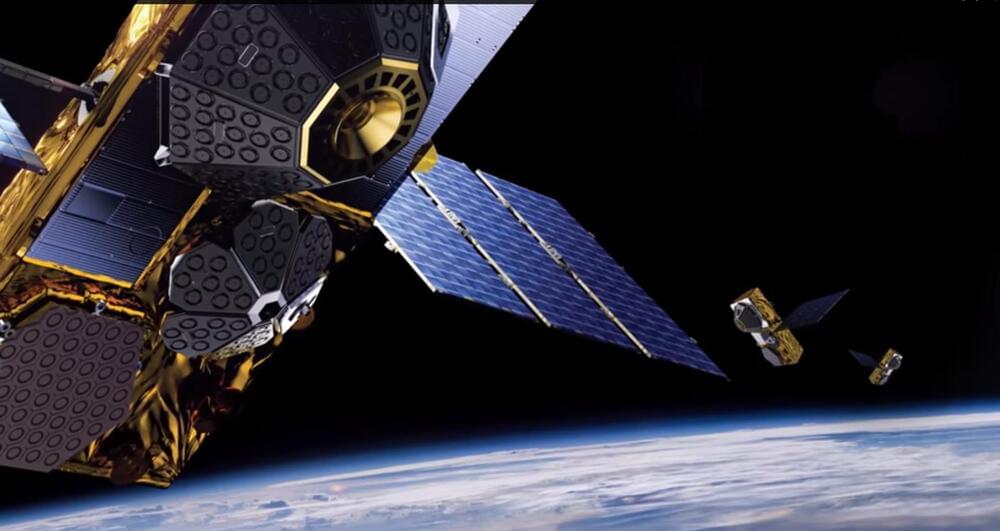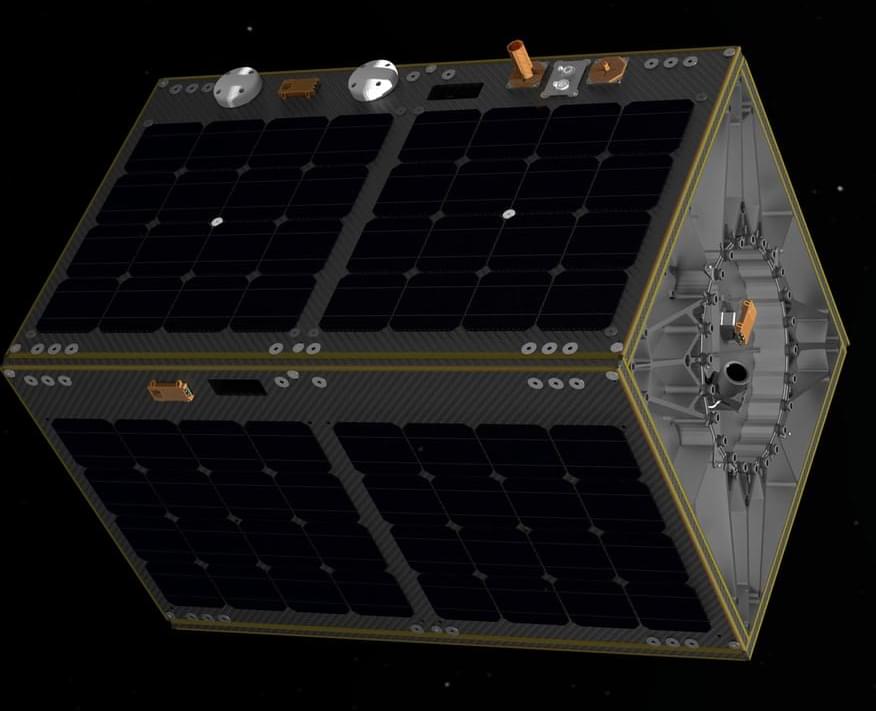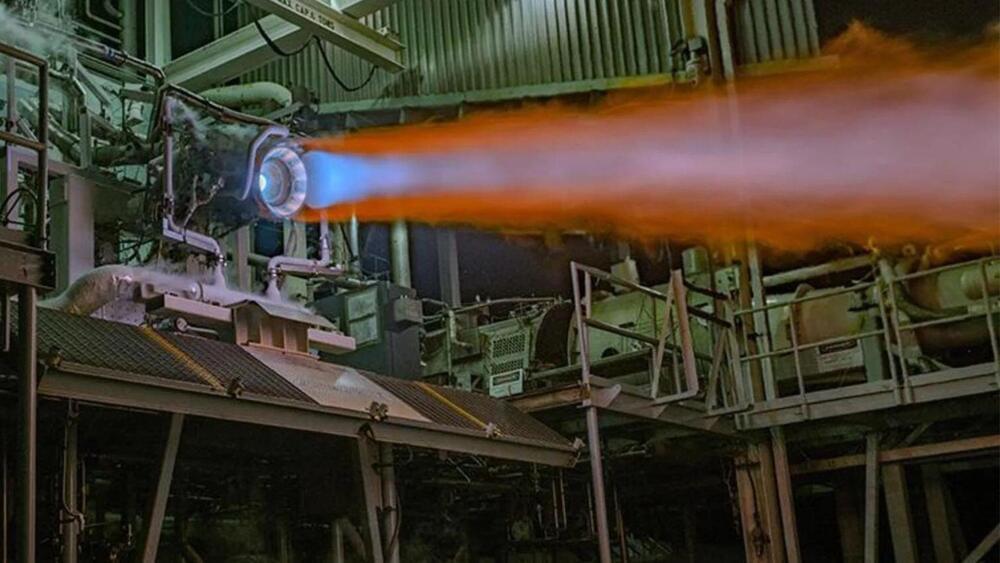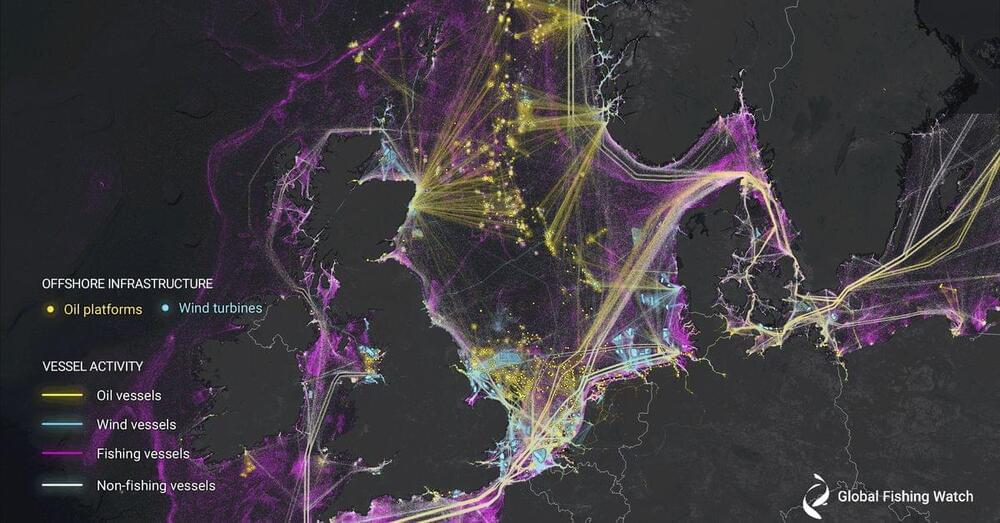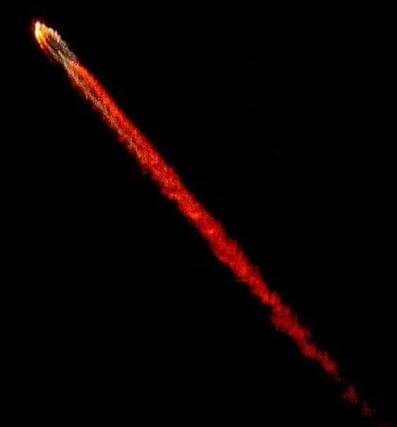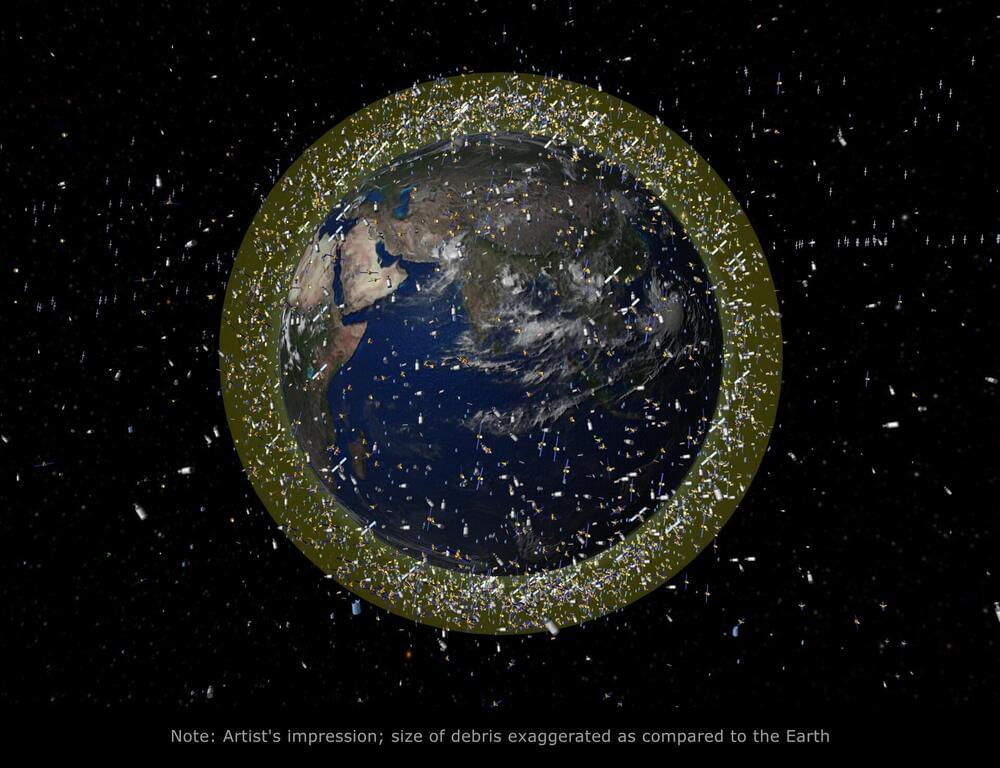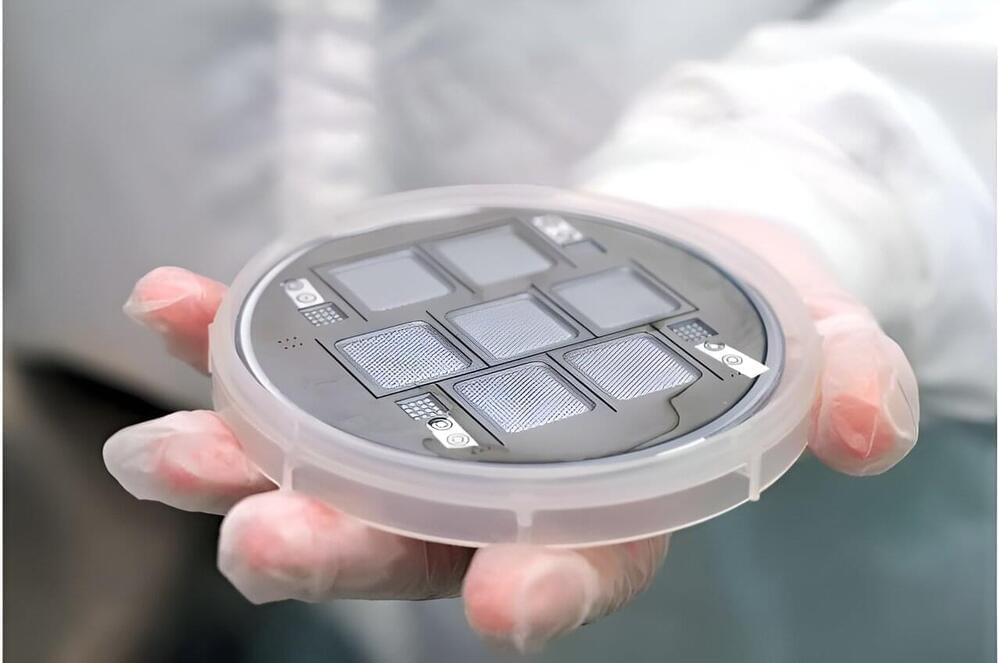Rocket propulsion technology has progressed leaps and bounds since the first weaponized rockets of the Chinese and Mongolian empires. They were nothing more than rocket-powered arrows and spears but they set the foundations for our exploration of space. Liquid propellant, ion engines and solar sails have all hit the headlines as we strive for more efficient methods of travel but a team has taken the next leap with a palm-sized thruster system that could boost future tiny spacecraft across the gulf of space.
Palm-sized thrusters are quite different from the gargantuan rockets we are used to, for example the Saturn V rocket that took the Apollo astronauts to the moon that stood 110 m tall. The difference for the ATHENA thrusters is that they are designed for maneuvering and propelling cubesats and small satellites once they are in space rather than propelling rockets from the surface of the Earth.
The team led by Daniel Perez Grande, CEO and Co-Founder of IENAI Spain, have called their palm-sized thruster “Athena,” not the most catchy title but neatly represents what it does—the Adaptable, THruster based on Electrospray powered NAnotechnology. The technology has been developed for ESA and, following a successful design stage and, if all goes to plan, a prototype will be available by the end of 2024.
